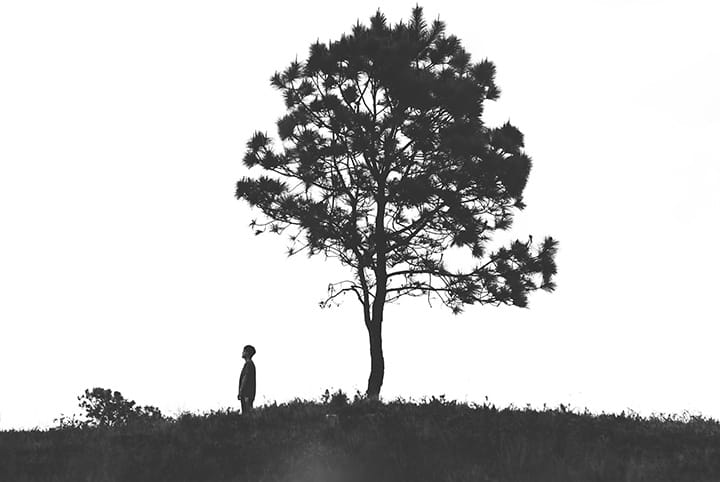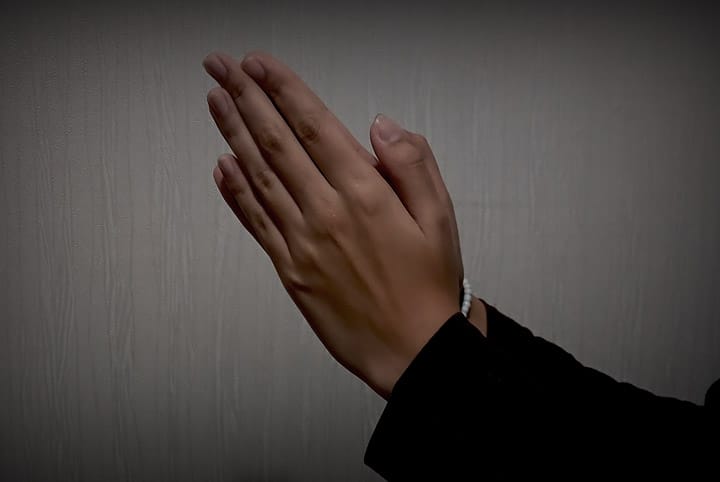In modern times, people yearn for security and inner peace. They look for it everywhere. Starting from the disciplines of eastern spirituality combined with the notion of self improvement, to the re-popularity of the stoic philosophy tradition because it is felt to be the answer to the unrest of the modern world. It seems that the desire for peace of mind and inner tranquility is a desire that drives the entire direction of our lives.
In chapter 91, the psalmist also speaks of a similar unrest. He speaks not of the security that comes from systems or human power, but of the inner calm that comes from trust in God. "He who sits in the protection of the Most High will spend the night in the shelter of the Almighty" (v. 1), not simply taking refuge from danger, but dwelling in a relationship of faith. Dwelling in a safe space that is not determined by external circumstances, but by the depth of relationship with God. This understanding emerges from a context of crisis, perhaps when people feel besieged by danger, both physical and spiritual.
This psalm exhibits three tones: a witness who speaks of God's protection (v. 1 –2), a series of assurances about God's power to save from harm (v. 3 –13), and finally God's own words confirming his promises (v. 14 –16). This shift in tone and role marks the transformation from the experience of fear to the certainty of faith. Faith here is not the denial of threats, but the courage to keep believing in the midst of frightening realities. Under the shadow of God's wings, the psalmist finds a new language of security. Not the absence of danger, but the encompassing presence of love.
Friends of the Bible today we learn to find inner peace in the challenges and struggles of life that surround us. When faced with a series of struggles, we may feel fear. Realize that fear is a basic emotion that arises when humans realize their limitations. But faith changes the orientation of fear: It is no longer resistance, but surrender. When the psalmist describes God as a refuge, a stronghold, and protective wings, he is actually rearranging his consciousness. From a defensive reaction to a relational awareness. Faith presents an "inner sanctuary" where the human soul can breathe, even though the storm has not subsided outside. In that space, fear does not vanish, but is tamed by a greater love.

























